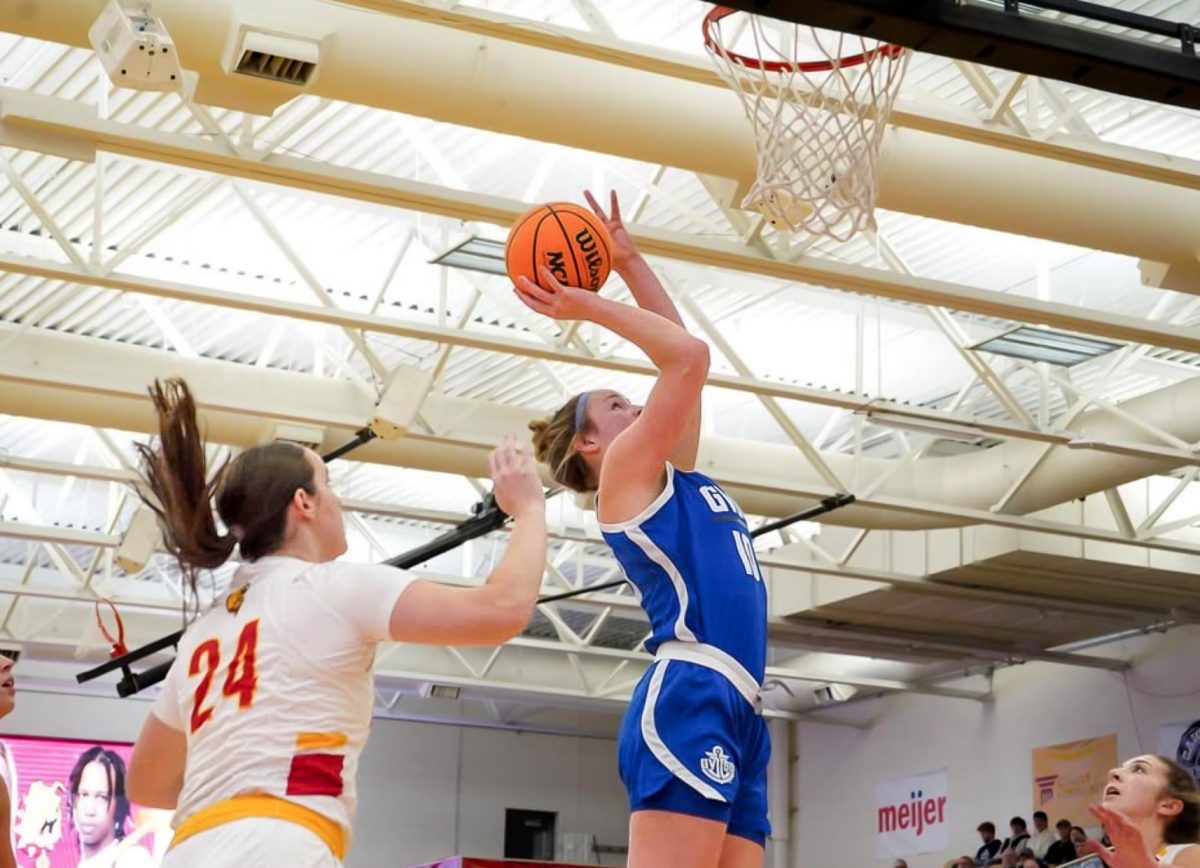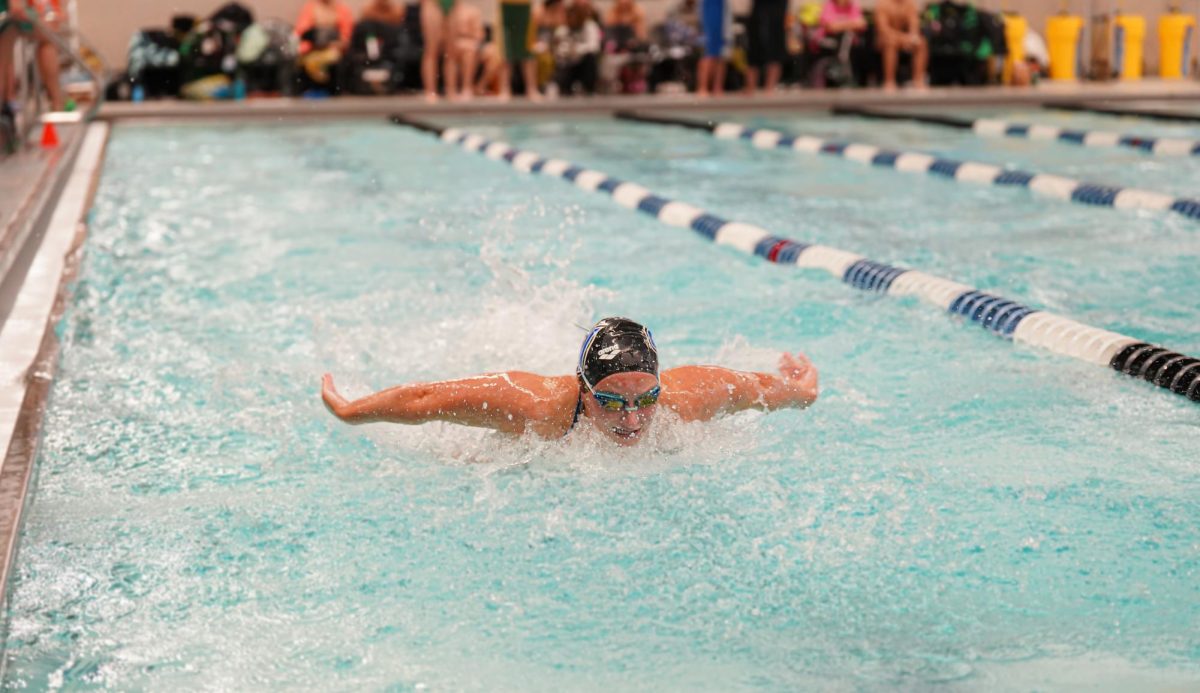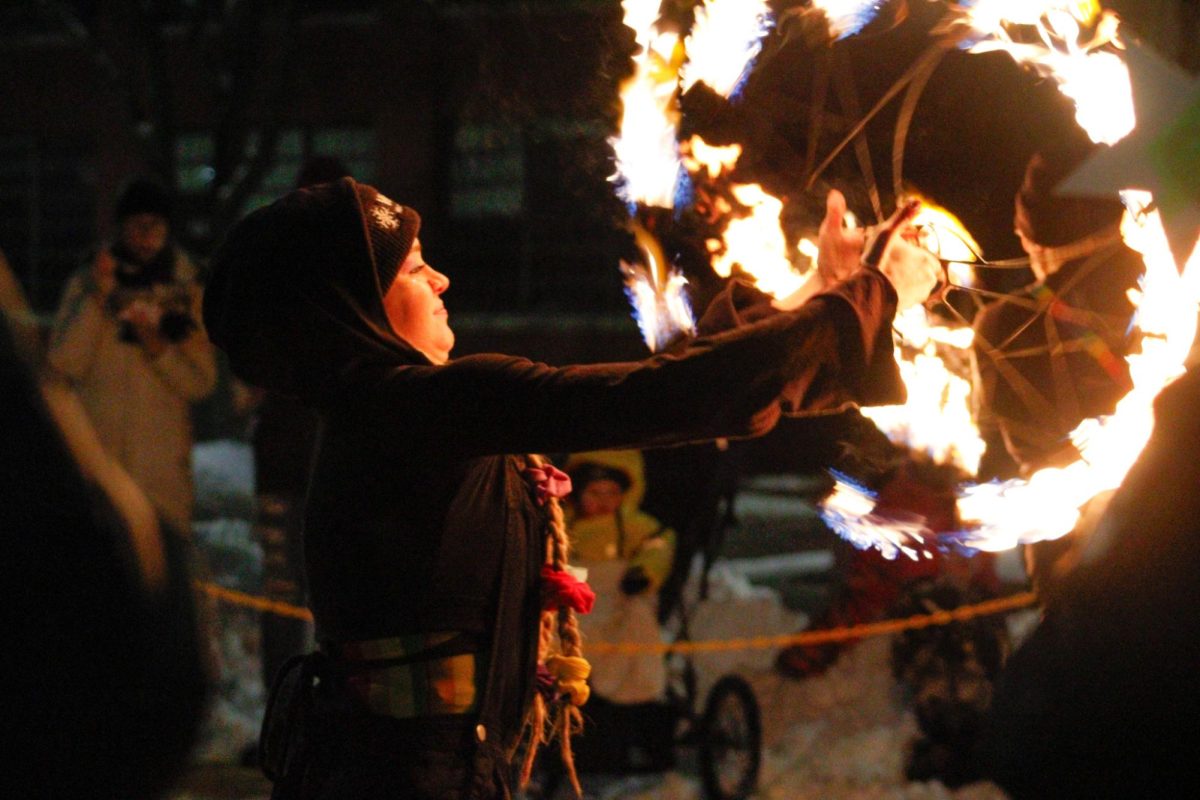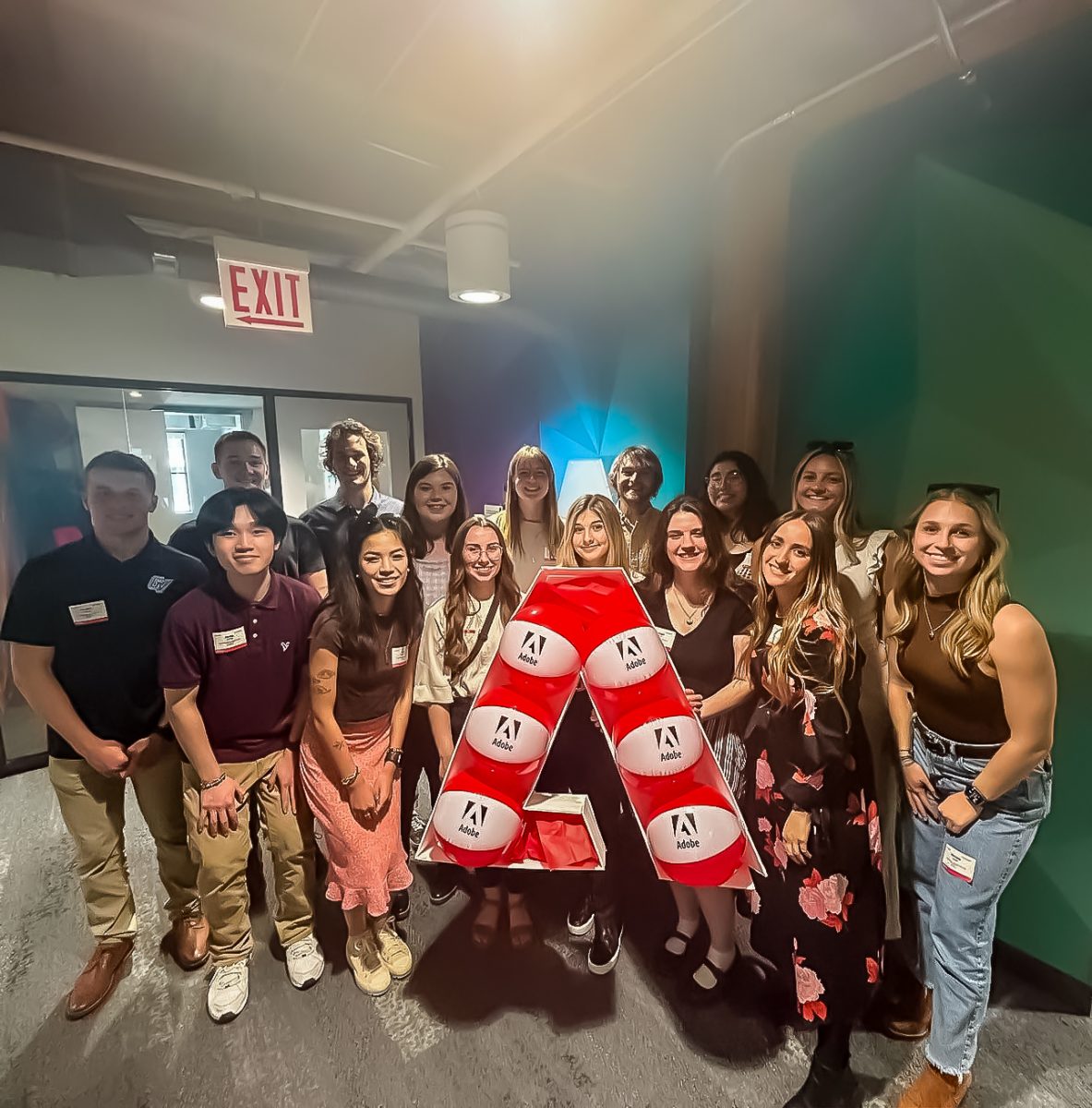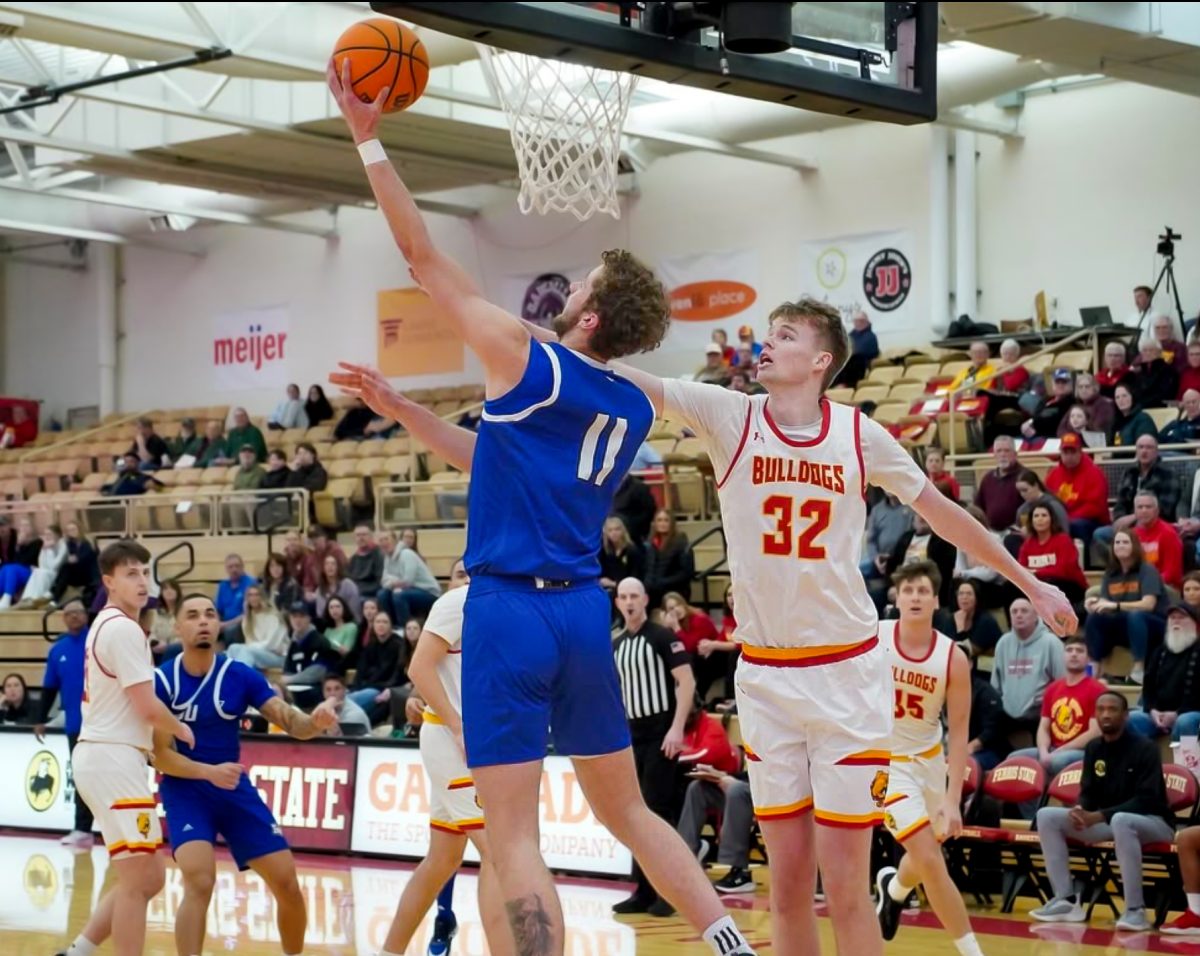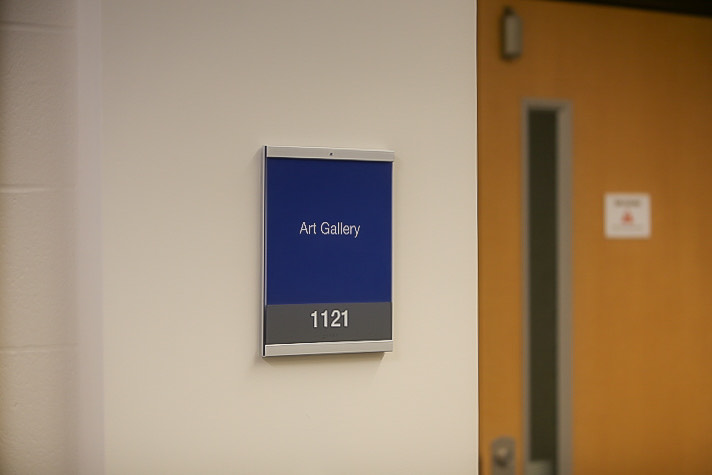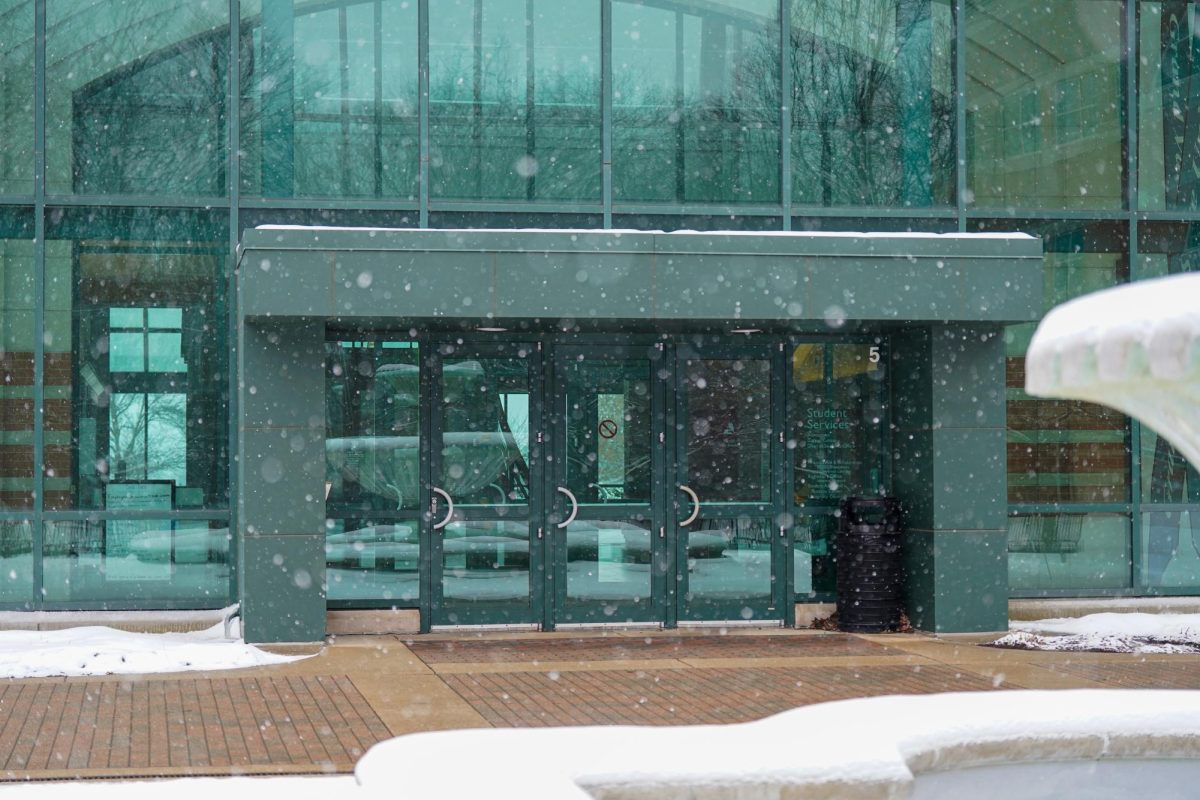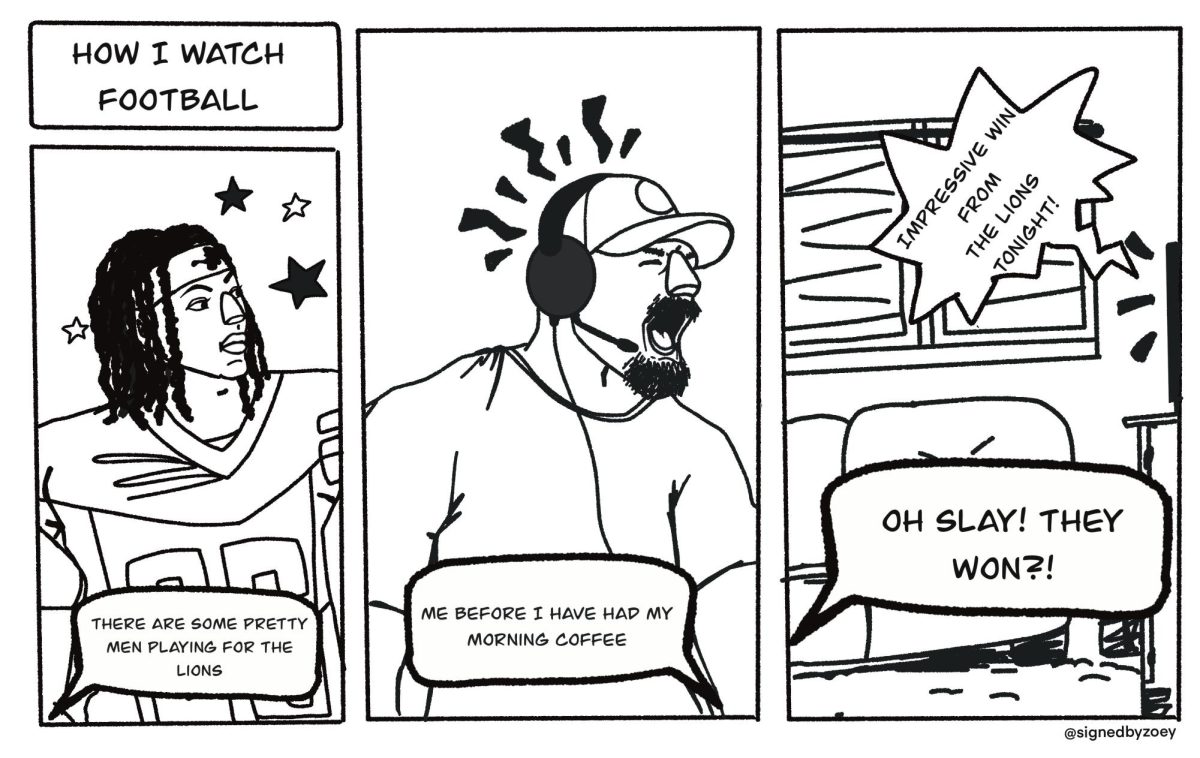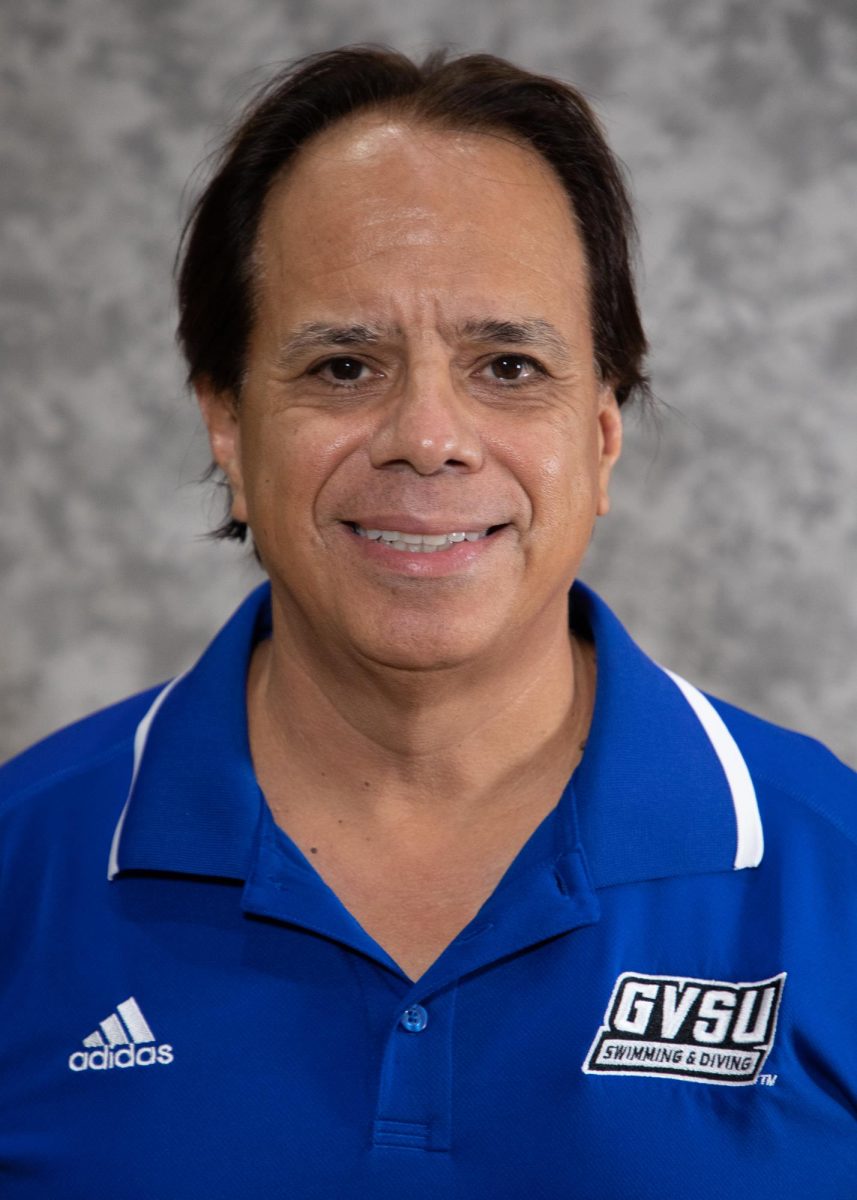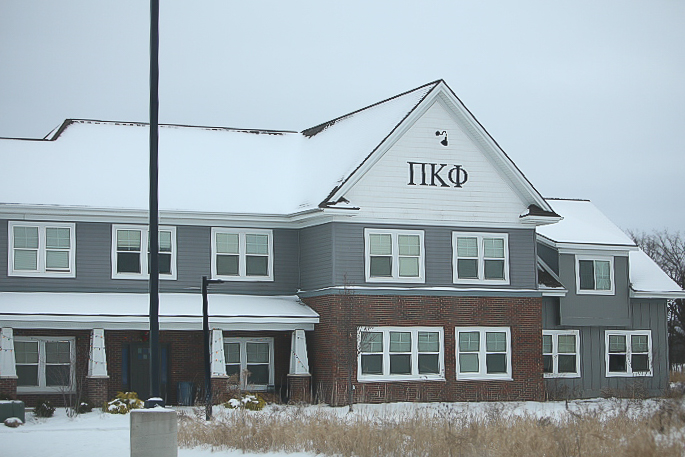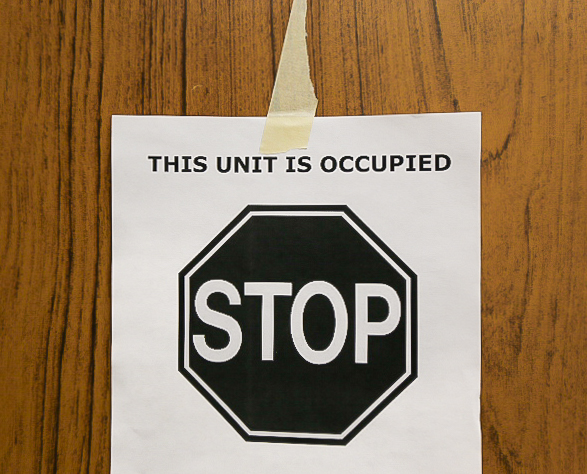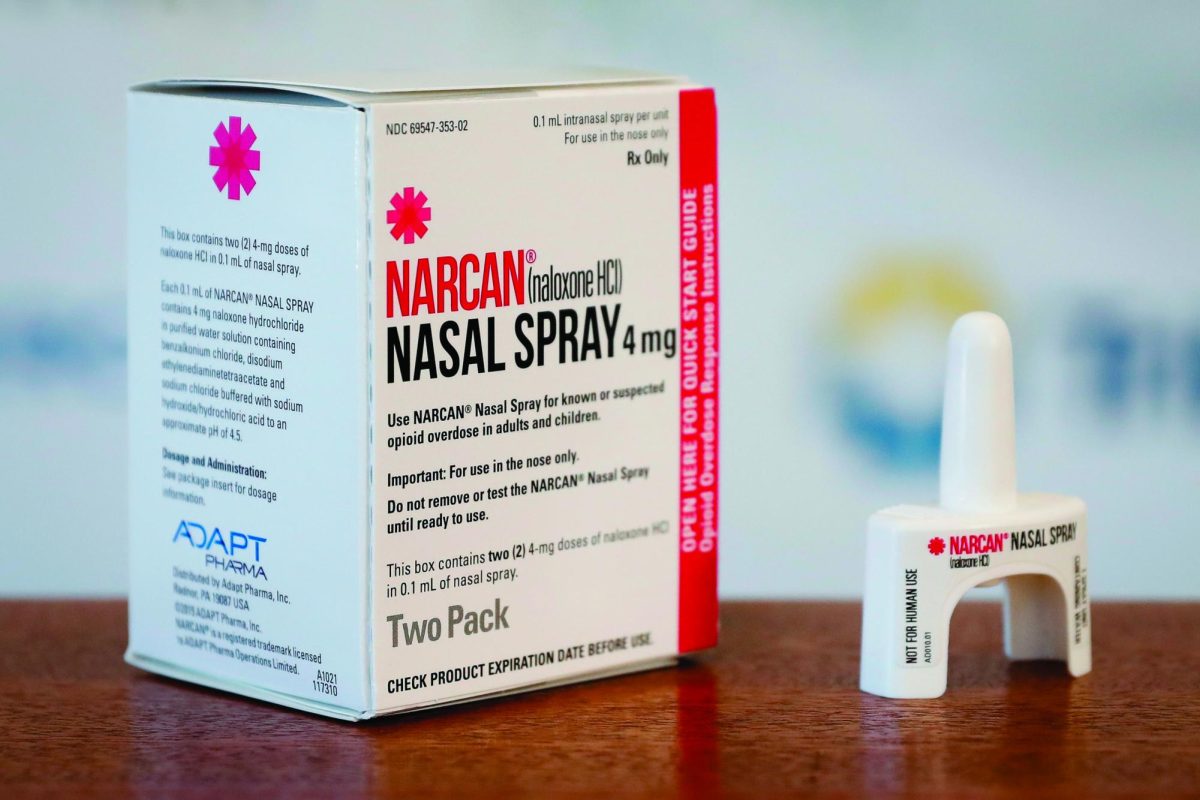House Bill 4393 is an important step to ensure student safety in emergencies
Feb 9, 2012
Though college is not technically synonymous with drinking, it does play a major role in lives of most college students nationwide.
Whether it’s consuming alcohol yourself or watching your neighbors go in for a keg stand, at some point in time during your college career, most students will have gotten or watched their peers get belligerently drunk. Chances are, you’ll see a lot of those same people end up with minor-in-possession charges, or at least get close enough to a cop to get scared of one.
However, as terrifying as an MIP is to most college students, there are worse consequences. According to data from the National Institute on Alcohol Abuse and Alcoholism, approximately 5,000 minors in the U.S. die while under the influence of alcohol, including vehicular deaths, homicides, suicides and accidental deaths. That is a lot of stupid, pointless deaths.
That’s why, no matter what your stance is on underage drinking, it seems pretty clear that the passing into legislation of House Bill 4393 is no-brainer.
Under the bill, a minor is allowed to seek help with no legal retributions in cases where alcohol consumption becomes a medical emergency, even if that minor has consumed alcohol his or herself. The measure
applies in cases where the minor presents him or herself for medical treatment, the minor accompanies an individual who is being presented for medical treatment or the minor contacts a police officer or emergency medical services for the purpose of obtaining medical assistance for themselves or others.
At Grand Valley State University, minors who call for assistance from the Grand Valley Police Department while inebriated do not receive minor-in-possession charges or face legal action as a part of a pre-existing “unwritten policy.”
However, for GVSU students living off-campus, a potential visit from the Ottawa County Sheriff’s Department or even the GVPD still holds the threat of disciplinary action, even in an emergency. And though the threat of an MIP charge should not stop somebody from dialing 911 for a sick friend, for some it might.
If you consider the state of Michigan as a whole, a blanket law for the whole state would be an effective way to help ensure students’ safety across the board, no matter the situation or location.
Since the state of Michigan is making an effort to help underage drinkers stay safe, so should underage drinkers help the state of Michigan to keep themselves and their peers under control. House Bill 4393 could be super effective, as long as students make an effort, too.
Drinking is an undeniable and unchanging part of college culture, so just be smart about what you consume and what you do with yourself once you’ve consumed it.









